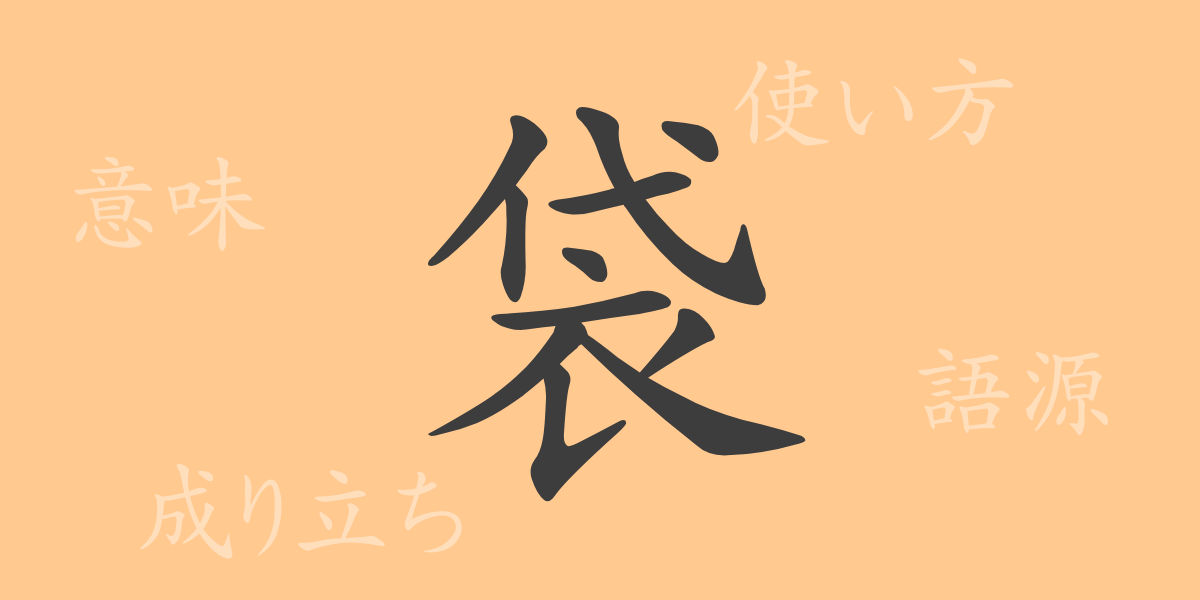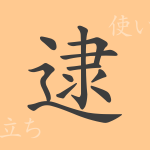The beauty of the Japanese language is significantly shaped by its complex character system, including the commonly used kanji. One such kanji, ‘袋’ (ふくろ) (fukuro), is deeply embedded in our daily lives, serving practical purposes. This article explores the origins, meanings, usage, and the phrases associated with ‘袋’, revealing the depth it adds to the Japanese language.
Origin of ‘袋’ (fukuro)
The journey into the origin of the kanji ‘袋’ takes us back to ancient China. Originally a combination of ‘代’ (meaning a container for carrying things) and ‘巾’ (representing cloth), it denoted a small bag made by folding cloth. Over time, it came to represent bags in general. In Japan, this kanji has been used for a long time, becoming a staple in everyday life.
Meaning and Usage of ‘袋’ (fukuro)
The kanji ‘袋’ typically refers to small containers or pockets used for holding items. It is also used metaphorically, as in ‘時間の袋’ (time’s bag), which means to use time effectively without wasting it. Additionally, ‘袋’ appears in place names and personal names, highlighting its versatility in the Japanese language.
Readings, Stroke Count, and Radical of ‘袋’ (fukuro)
Let’s delve into the basic information about the kanji ‘袋’:
- Readings: On’yomi (Sino-Japanese reading) is ‘タイ’ (tai), Kun’yomi (native Japanese reading) is ‘ふくろ’.
- Stroke Count: ‘袋’ consists of 11 strokes.
- Radical: The radical is ‘衣’ (ころもへん) (clothing).
Phrases, Idioms, and Proverbs Using ‘袋’ (fukuro) and Their Meanings
There are various idioms and phrases in Japanese that include ‘袋’. For example, ‘袋の鼠’ (rat in a bag) refers to a situation where one has no freedom to move, and ‘袋に猫’ (cat in a bag) means to keep a secret hidden. These expressions vividly reflect the daily life and emotions of the Japanese people.
Conclusion on ‘袋’ (fukuro)
Through this article, we hope you have appreciated the multifaceted nature of ‘袋’ and its underlying historical and cultural significance. The seemingly mundane kanji ‘袋’ carries a rich narrative and profound meanings that have accompanied the Japanese people through the ages. May you remember its deep allure each time you encounter ‘袋’.

























